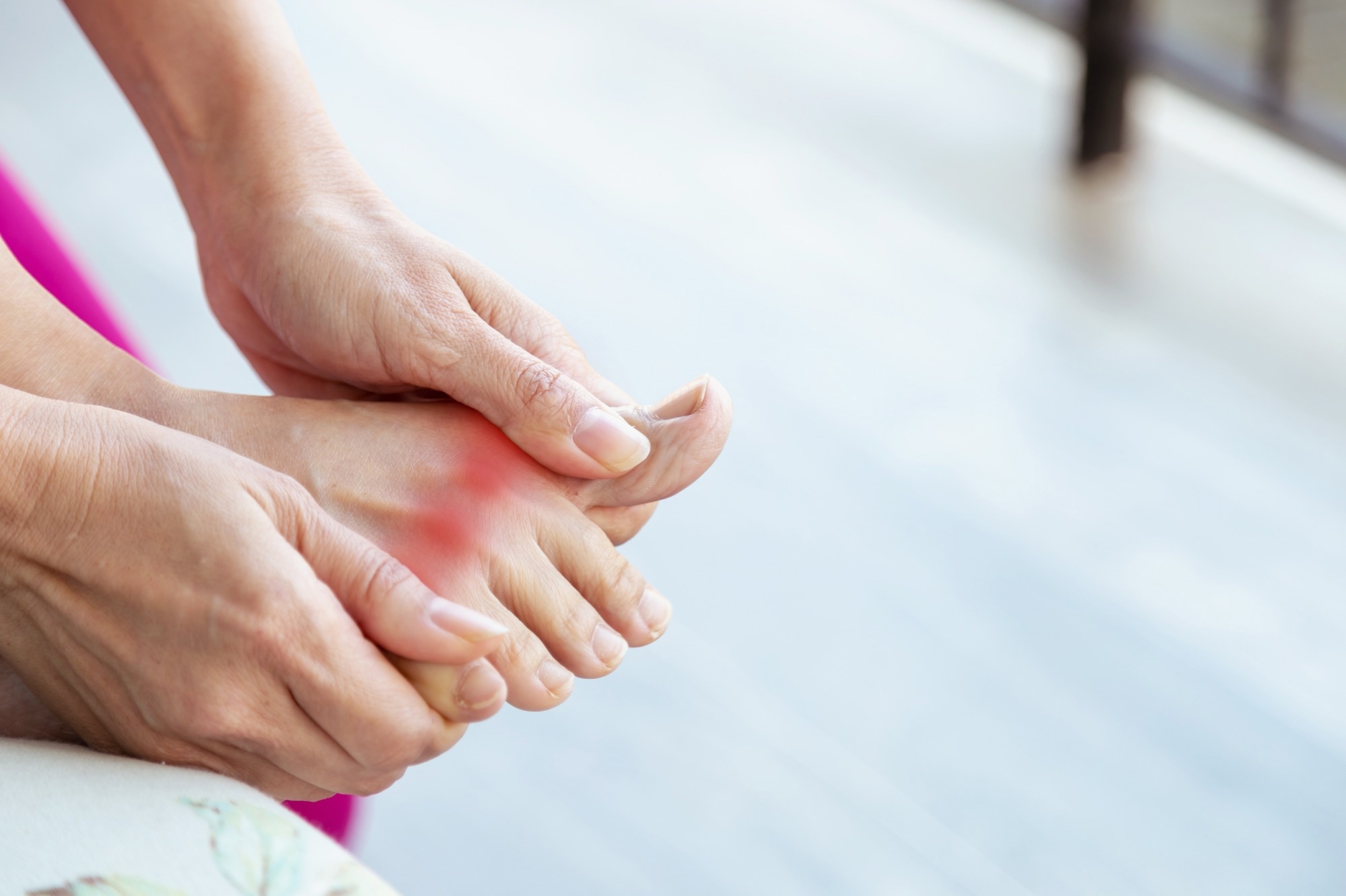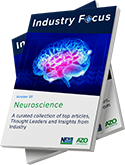Ask your doctor to compare this earlier research to this.
Gout may lessen Alzheimer risk
The latest here:
Study finds no association between gout and neurodegenerative diseases in the general population
A study published in Scientific Reports highlights that gout can increase the risk of Alzheimer’s disease and Parkinson’s disease in younger or overweight individuals. The study was conducted in a representative Korean population.

Background
Gout is a common and complex form of inflammatory arthritis characterized by severe joint pain. The condition is caused by impaired purine metabolism, leading to the accumulation of uric acid in the blood and the formation of monosodium urate crystals. These urate crystals are deposited in the joints, causing inflammation and severe pain.
Alzheimer’s is an irreversible neurodegenerative disease of the brain, characterized by loss of memory and learning. It is the most common form of dementia. Extracellular aggregation of beta-amyloid plaques and intracellular accumulation of hyperphosphorylated tau protein are the primary drivers of Alzheimer’s disease pathogenesis.
Parkinson’s is another neurodegenerative disease characterized by a wide range of motor and non-motor symptoms. The progressive degeneration of dopaminergic neurons in the brain is primarily responsible for the development of Parkinson’s disease.
Oxidative stress is a major hallmark of neurodegenerative diseases. With its potent antioxidant property, uric acid seems to have a positive impact on these conditions. Since gout is characterized by excess accumulation of uric acid in the blood, it is possible to have an association between the pathogenesis of gout, Alzheimer’s disease, and Parkinson’s disease.
In the current study, scientists have explored whether gout has any positive or negative influence on the pathogenesis of these two neurodegenerative diseases.
Study design
This longitudinal study involved a representative population of Korean adults. A total of 18,079 adults who were diagnosed with gout between 2003 and 2015 were enrolled in the gout group. In the comparison group, a total of 72,316 adults without gout were enrolled.
The participants belonging to the gout group were matched with the comparison group participants at a ratio of 1:4 in terms of age, sex, monthly income, and residential area.
The association between gout and Alzheimer’s, and Parkinson’s disease was assessed after adjusting for potential confounders, including demographic factors, body mass index (BMI), metabolic syndrome-related risk factors, lifestyle factors, and comorbidities.
Important observations
The statistical analyses conducted in the study revealed that gout does not significantly increase the risk of Alzheimer’s and Parkinson’s disease in the general Korean population. The adjusted hazard ratios of Alzheimer’s disease and Parkinson’s disease were respectively 1.01-times and 1.16-times higher in the gout groups than in the comparison group.
Considering all selected confounders, the sub-group analyses revealed that the risk of both neurodegenerative diseases is significantly higher among gout patients who are under the age of 60 years. Moreover, a significantly higher risk of Parkinson’s disease was observed among gout patients who were overweight.
Study significance
The study describes no significant association between gout and Alzheimer’s and Parkinson’s disease in a representative population of Korean adults. However, gout can significantly increase the risk of both neurodegenerative diseases in individuals who are under the age of 60 years. Similarly, being overweight is another risk factor for Parkinson’s disease onset among gout patients.
Since it is an observational study, the scientists could not mechanistically justify the absence of an association between gout and neurodegenerative diseases. However, they have mentioned in the article that uric acid can induce both antioxidant and inflammatory responses and that the interplay between these two strong actions should be analyzed carefully to understand the influence of gout in the pathogenesis of neurodegenerative diseases.

No comments:
Post a Comment